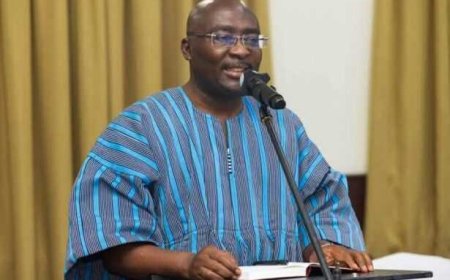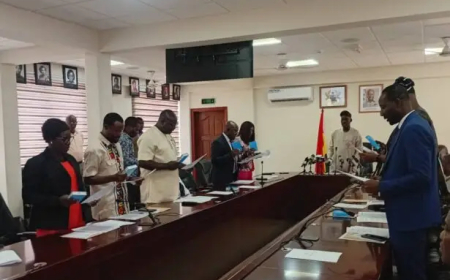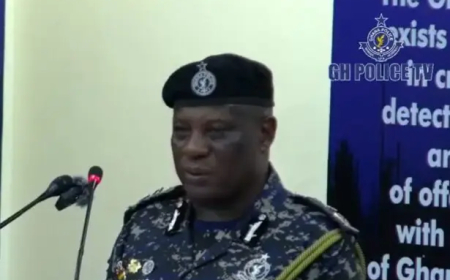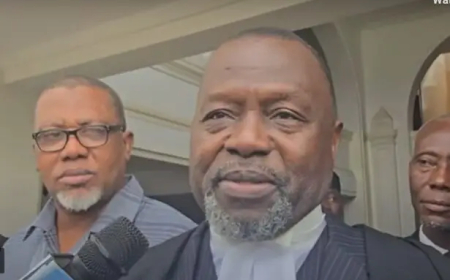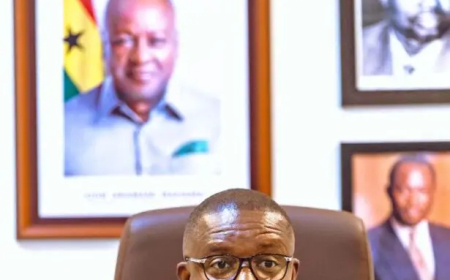United Front Needed to Tackle Rising Cyber Risks – BoG Deputy Governor Urges Financial Sector Collaboration
The First Deputy Governor of the Bank of Ghana, Dr. Zakari Mumuni, has emphasized the need for collective action in fighting cyber threats facing Ghana’s financial industry. He highlighted the BoG’s strategic expansion of FICSOC to cover all financial institutions and urged banks, fintechs, and regulators to work together to safeguard the sector from rising digital attacks. His message: cybersecurity is not a one-man fight—it’s a team sport.
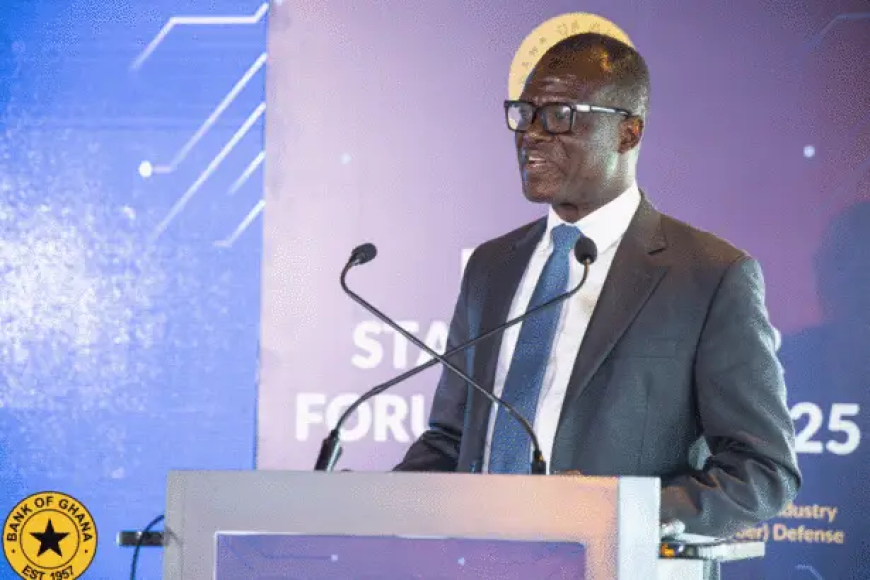
In the face of growing cyber threats targeting Ghana’s financial ecosystem, the First Deputy Governor of the Bank of Ghana (BoG), Dr. Zakari Mumuni, has issued a clarion call for increased collaboration among stakeholders in the financial sector. Speaking at a recent industry event, Dr. Mumuni underscored the urgent need for banks, fintechs, regulators, and cybersecurity professionals to unite in fortifying the country’s financial infrastructure.
Cybersecurity has become one of the most pressing challenges in the digital transformation of financial services. As digital transactions rise and technology becomes more integrated into banking operations, the sector has increasingly become a prime target for cybercriminals. Dr. Mumuni emphasized that no single entity can adequately fight this battle alone.
“Cyber risks are dynamic and borderless. A siloed approach to tackling them will not be sufficient. We need shared intelligence, collective action, and coordinated systems to stay ahead,” he stressed.
To this end, the Bank of Ghana has taken strategic steps to build a more resilient defense structure. Notably, the Financial Industry Command Security Operations Center (FICSOC), launched in 2019, has been expanded to cover the entire financial sector. This centralized security hub provides real-time monitoring and threat detection, allowing institutions to share data and respond to incidents swiftly and collectively.
According to the Deputy Governor, such investments demonstrate the BoG’s commitment to ensuring that Ghana’s financial sector can resist, absorb, and recover from cyber disruptions. However, he noted that technology alone is not enough—it must be accompanied by strong partnerships and adherence to cybersecurity best practices.
Global trends affirm Dr. Mumuni’s position. International institutions like the World Economic Forum and the International Monetary Fund (IMF) have long advocated for cross-border, cross-sector collaboration to counteract the systemic risk posed by cybercrime. In today’s interconnected world, a breach at one institution can cascade across the ecosystem, making collective vigilance imperative.
Industry observers have welcomed the BoG’s call, noting that while Ghana has made progress in cybersecurity compliance and awareness, enforcement and continuous training remain key challenges. Many institutions still lag in adopting basic cybersecurity hygiene, and there is a growing need to upskill professionals and educate customers.
As Ghana positions itself as a financial hub in West Africa, experts believe cybersecurity must be seen not just as a technical concern but as a strategic priority. Dr. Mumuni’s appeal serves as a timely reminder that the resilience of the financial sector depends on unity, transparency, and coordinated action.
Conclusion
The message from the First Deputy Governor is clear: cyber threats are a shared risk, and combating them requires a shared response. Institutions that compete in the marketplace must cooperate in cyberspace if they are to protect trust, data, and national economic stability.
What's Your Reaction?







